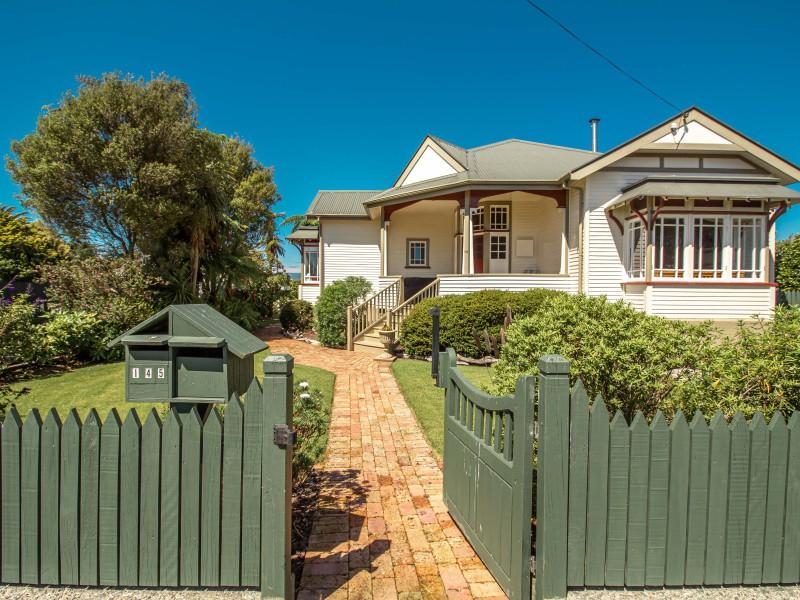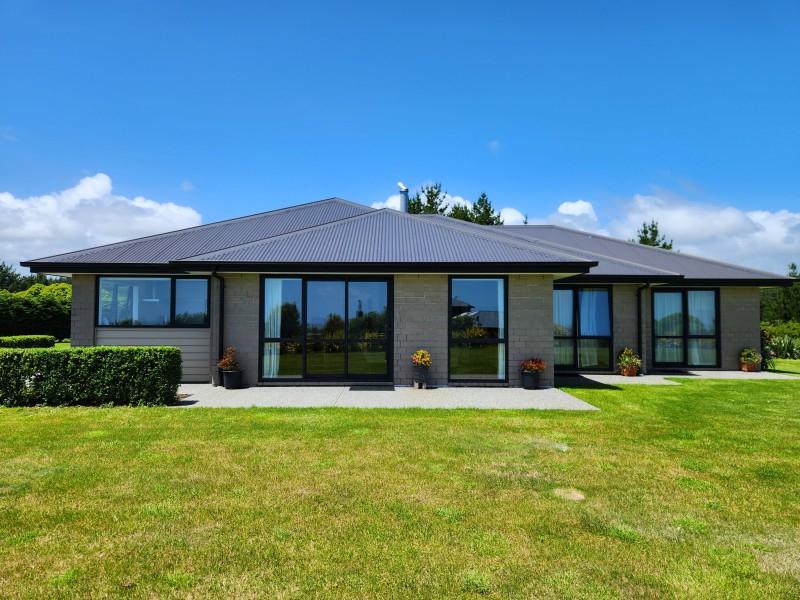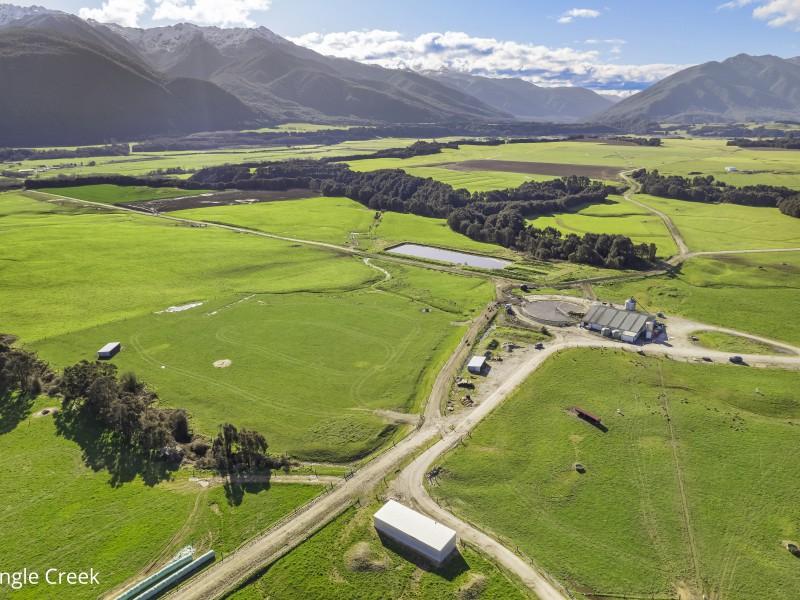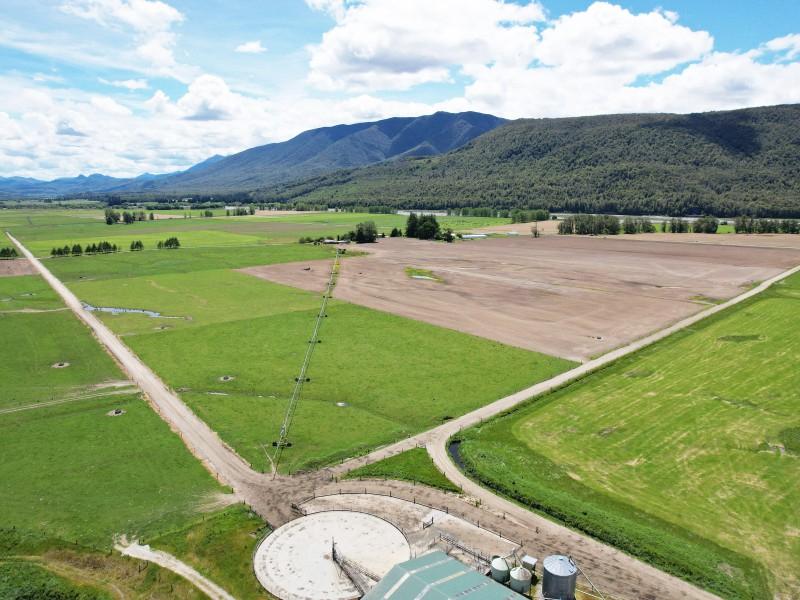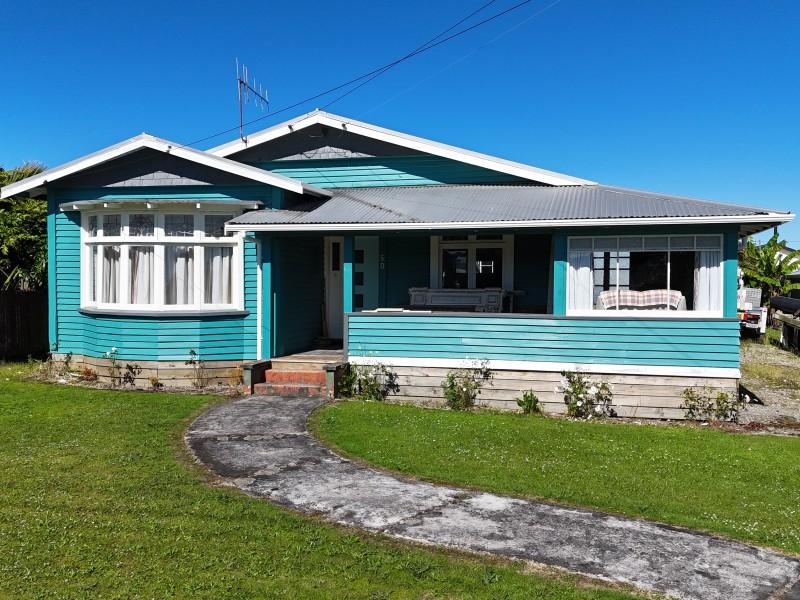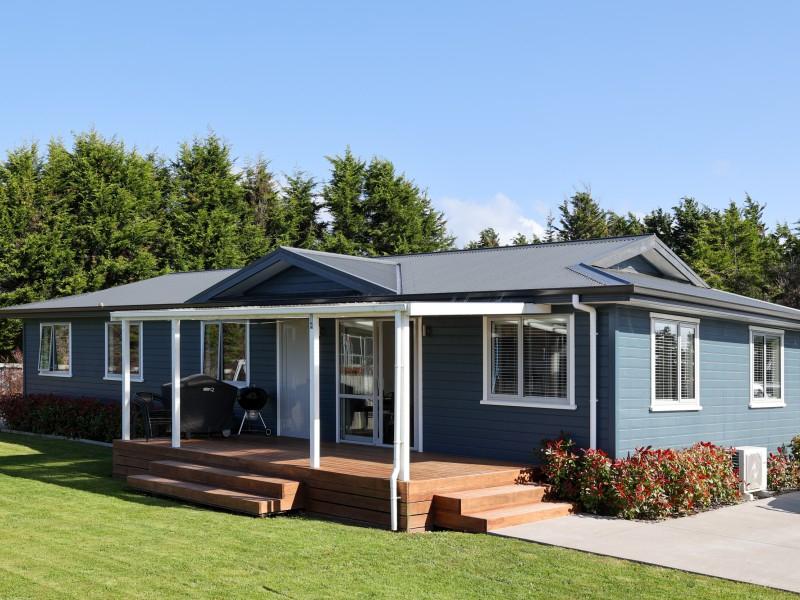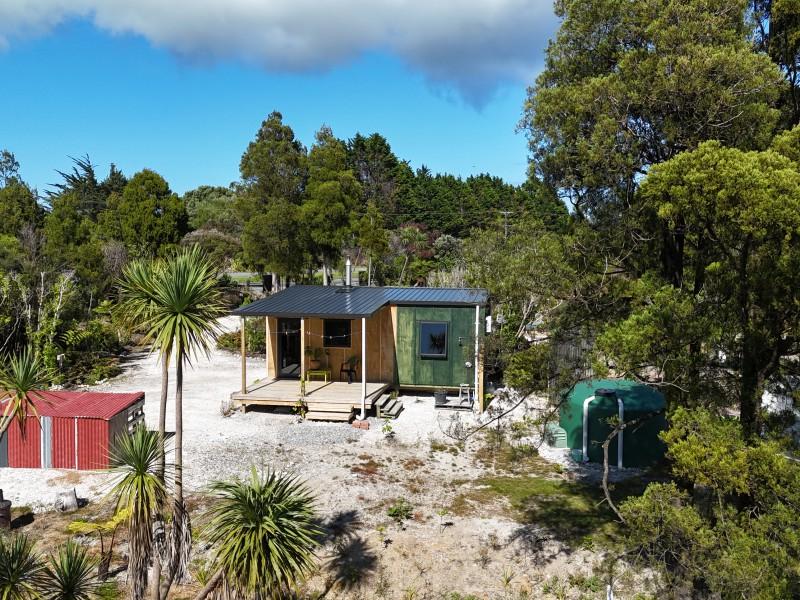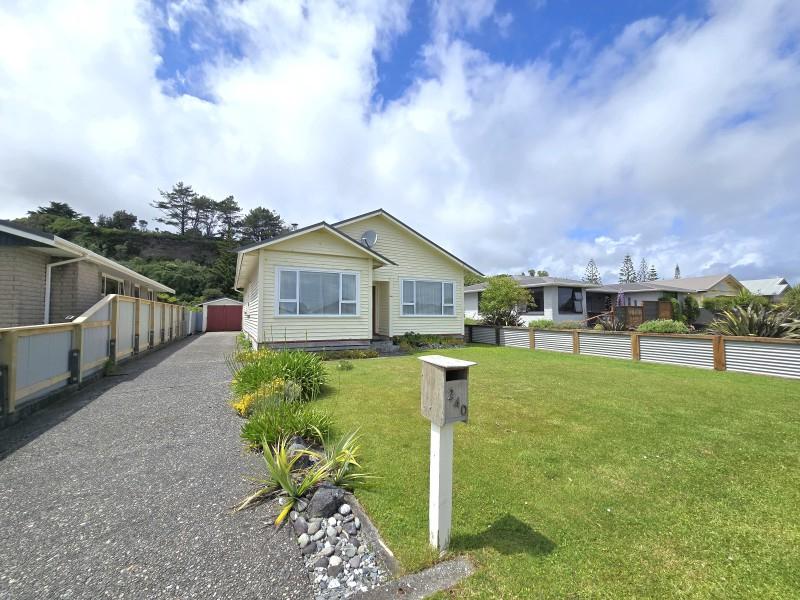Westport flood protection work held up by ‘frustrating’ bureaucracy – councillor
By local democracy reporter Brendon McMahon:
A frustrating 15-month delay in finalising a flood resilience scheme for the town of Westport, devastated by a record flood in July 2021, is the result of bureaucracy, a councillor says.
The Government agreed in the May Budget to co-fund a $22.9m scheme to secure Westport from future flooding as well as ready it for climate adaptation, including future retreat from some areas, after the devastating flood of July 2021.
However, West Coast Regional councillor Frank Dooley says a Department of Internal Affairs review of the technical engineering aspects of the Kawatiri Business Case, presented to the Government on June 30 2022, has held up progress for almost 15 months.
The case for a co-funded resilience scheme was sought from the West Coast Regional and Buller District councils by then Minister of Local Government Nania Mahuta in February 2022. It was seen as a 'test case' for the Government to co-fund future flood resilience schemes and was submitted to deadline, in June 2022.
No decision was announced until 11 months later.
On October 16 this year, the West Coast Regional Council said in a statement the original engineering concept design for the Kawatiri Business Case was "sound".
This came after the council sought an expert technical review of the Government-commissioned review by engineering firm Tonkin and Taylor.
Tonkin and Taylor raised questions on several technical proposals in the business case. They included,
* Heightened risk to life if the proposed flood protection walls were breached.
* Flood level risk at the Buller Bridge in Westport.
* Seismic risk and seepage concerns.
The Department of Internal Affairs commissioned the Tonkin and Taylor review in July 2022, but it was only provided to council in June this year.
Council said while there would be further design refinement before the final flood bank options were pinned down, it could now proceed to the preliminary design.
The Government co-funding in the May Budget for the resilience work came almost a year after council met Cabinet's deadline.
Westport-based regional councillor Frank Dooley said the Government review work has effectively caused a 15-month delay.
"My frustration with that is that they requested the councils to have their business case presented by 30 June 2022.
"Unbeknown to anybody, DIA went out and got an independent review."
A Department of Internal Affairs spokesperson said the delay and their decision to seek a peer review were justified.
"While we all want to see progress on this work, it is necessary that the councils, the Westport community and the Government take the required time to get this right."
The department said the delay in swearing in the new Government now meant access to funding for Westport cannot be approved in meantime.
However, Dooley said the extra work sparked by DIA had caused a "massive delay", meaning they had to wait over a year to consult with those affected in Westport.
The issues raised in the review would have been pinned down in the final design stage anyway, he said.
"There is no excuse for it, and at the end of the day, all of the issues raised by Tonkin and Taylor would be raised as you go through the design phase.
"That was always going to be the case," Dooley said.
The Kawatiri Business Case authors -- experts paid for by the Government -- were also not consulted in the peer review process instigated by DIA, Dooley said.
"As a result they put together a report that has delayed the process."
"Their report was in September 2022. The DIA never released [their] report until June 2023. "In June 2023, that's when they advised the regional council you can't draw down any of the money because of the discrepancies raised."
As a result the council in July engaged NZ Rivers Managers Group members Graeme Campbell and Peter Blackwood to reconcile the matters raised by Tonkin and Taylor.
It confirmed council "is on the right track".
The Department of Internal Affairs was asked why it commissioned the peer review, who was consulted, and to explain the timing, given the business case was submitted in June 2022.
It did not directly answer the question around timing or if Cabinet was consulted first, but said the business case was "reviewed by officials, including a technical review by Tonkin and Taylor".
The decision was based on Treasury's Better Business Cases requirements and Cabinet principles for the Government's role in improving resilience to flood risk, a department spokesperson said.
"The Tonkin and Taylor technical review did not delay Cabinet decisions on the business case."
The subsequent technical advisory report commissioned by the regional council in July built on what Tonkin and Taylor found, which had built on the Kawatiri Business Case, the spokesperson said.
"A robust review process was important for this project as it builds confidence in the reliability of the design of flood walls for the community.
"Resolving technical issues is one of the requirements of meeting the [Government] expectations before further funding for the structural elements of the package can be drawn down."
--------------------------
The Campbell and Blackwood review for the West Coast Regional Council looked at the Kawatiri Business Case flood protection concept design, following the Government-commissioned Tonkin and Taylor peer review. This is what it found:
* The concept design "was sound" for the development of the Kawatiri Business Case but it needed further refinement before achieving the final design.
* All 18 'technical matters' raised by Tonkin and Taylor were either resolvable through "additional information" or could be addressed in subsequent project phases -- mostly at preliminary design.
* None of the technical matters raised should result in the withholding of funds and/or slow progression to the next phases.
* A Government decision not to protect Carters Beach due to perceived "significant effects" on flood levels at the Buller Bridge in Westport was found to be incorrect. Protection of Carters Beach will now be revisited.
* Some refinement of other elements of the flood risk management strategies in the business case was required to ensure consistency with the Protect, Avoid, Retreat, Accommodate approach used, and to ensure the strategies cover all elements of the flood management approach for Westport.
⚠️ DOGS DIE IN HOT CARS. If you love them, don't leave them. ⚠️
It's a message we share time and time again, and this year, we're calling on you to help us spread that message further.
Did you know that calls to SPCA about dogs left inside hot cars made up a whopping 11% of all welfare calls last summer? This is a completely preventable issue, and one which is causing hundreds of dogs (often loved pets) to suffer.
Here are some quick facts to share with the dog owners in your life:
👉 The temperature inside a car can heat to over 50°C in less than 15 minutes.
👉 Parking in the shade and cracking windows does little to help on a warm day. Dogs rely on panting to keep cool, which they can't do in a hot car.
👉 This puts dogs at a high risk of heatstroke - a serious condition for dogs, with a mortality rate between 39%-50%.
👉 It is an offence under the Animal Welfare Act to leave a dog in a hot vehicle if they are showing signs of heat stress. You can be fined, and prosecuted.
SPCA has created downloadable resources to help you spread the message even further. Posters, a flyer, and a social media tile can be downloaded from our website here: www.spca.nz...
We encourage you to use these - and ask your local businesses to display the posters if they can. Flyers can be kept in your car and handed out as needed.
This is a community problem, and one we cannot solve alone. Help us to prevent more tragedies this summer by sharing this post.
On behalf of the animals - thank you ❤️

What word sums up 2024, neighbours?
If 2020 was the year of lockdowns, banana bread, and WFH (work from home)....
In one word, how would you define 2024?
We're excited to see what you come up with!

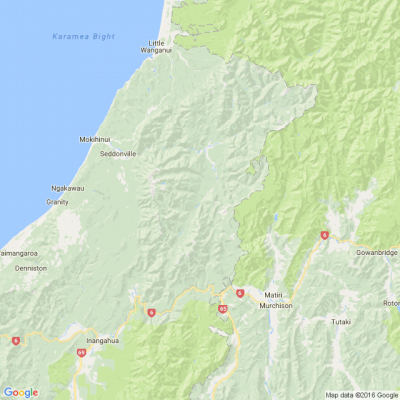
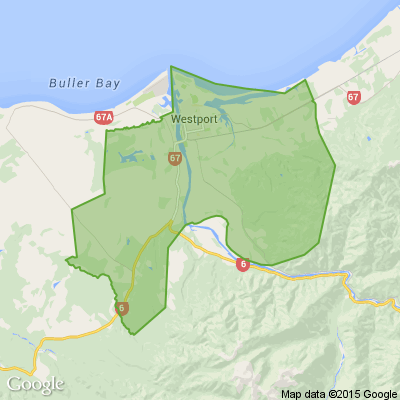





 Loading…
Loading…